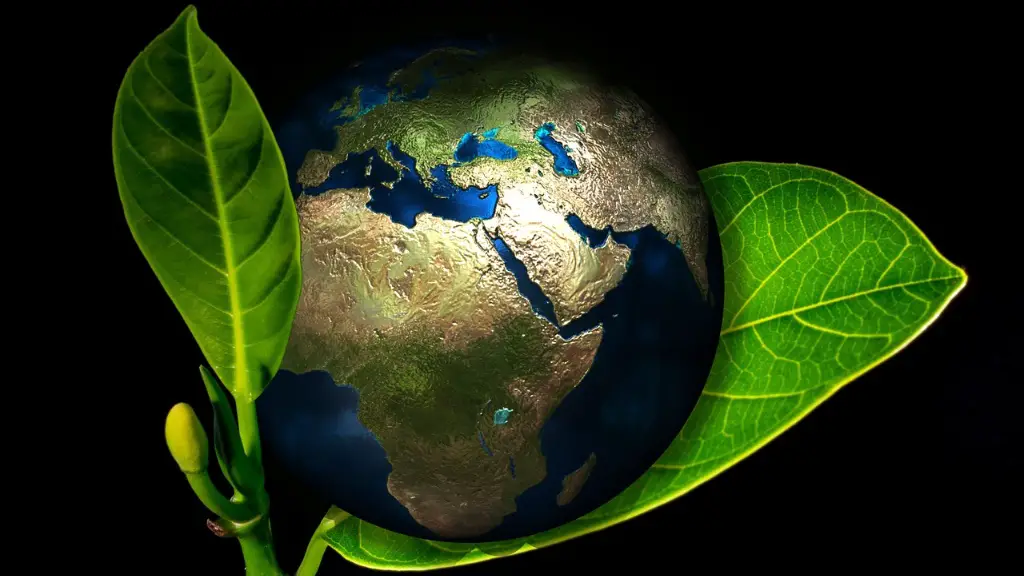Global warming is an increasingly pressing reality in today’s world, with large implications for our planet and humanity. It is widely believed that we are the primary cause of our own untenable predicament. As a result of human activity, the average surface temperatures on our planet are rising faster than at any time in the past century, leading to climate change and a range of environmental challenges.
The two key issues are firstly, how global warming is produced and secondly, how can it be mitigated. Firstly, the production of greenhouse gasses, particularly CO2, has been linked to the burning of fossil fuels such as coal and oil, resulting in higher concentrations in the atmosphere. It is essential to understand these processes in order to develop solutions to reduce their impact. Secondly, since the root cause of global warming is man-made, its effects can be both observed currently and predicted for the future. Rising sea levels, changing precipitation patterns and desertification are just some of the consequences of global warming that countries, regions and cities are already experiencing.
When it comes to tackling global warming, there are a variety of solutions. Foremost among them is the transition to renewable energy sources, such as solar and wind power. Innovations in technology and engineering mean that such renewable energy sources are increasingly cost-effective, meaning that their adoption is becoming more feasible with each day. In addition, improved energy efficiency measures, especially within the construction sector, help reduce our reliance on fossil fuels, as does the promotion of mass transit and other low-carbon transport solutions.
However, it is essential to acknowledge the economic and social implications of tackling global warming, particularly in the developing world. Marginalised communities may lack the access to technologies and services needed to both mitigate and adapt to global warming’s consequences. Furthermore, fewer economic opportunities in low-income countries can also lead to greater vulnerability and more limited access to resources. The benefits of transitioning to a more sustainable way of life must therefore apply equally to all, to ensure that a global solution is equitable, just and effective.
Finally, we need to consider the role of global governance. International agreements and policy decisions shape the incentive structure which helps guide our behaviour, and can be used to hold the public and private sector responsible for the consequences of their actions. As such, there is an urgent need for global coordination and cooperation on tackling global warming, in order to ensure that the long-term solutions we need to put into place are maintained.
In conclusion, while global warming is a complex and major environmental challenge, it is by no means insurmountable. Our planet is a shared resource and the responsibility of tackling global warming rests with all of us. To that end, increased investment in renewable energy, improved energy efficiency and an equitable international solution, one that benefits both rich and poor countries alike, are needed. By acknowledging our shared responsibility, we can work together to secure a brighter and more sustainable future for our planet and all its inhabitants.

